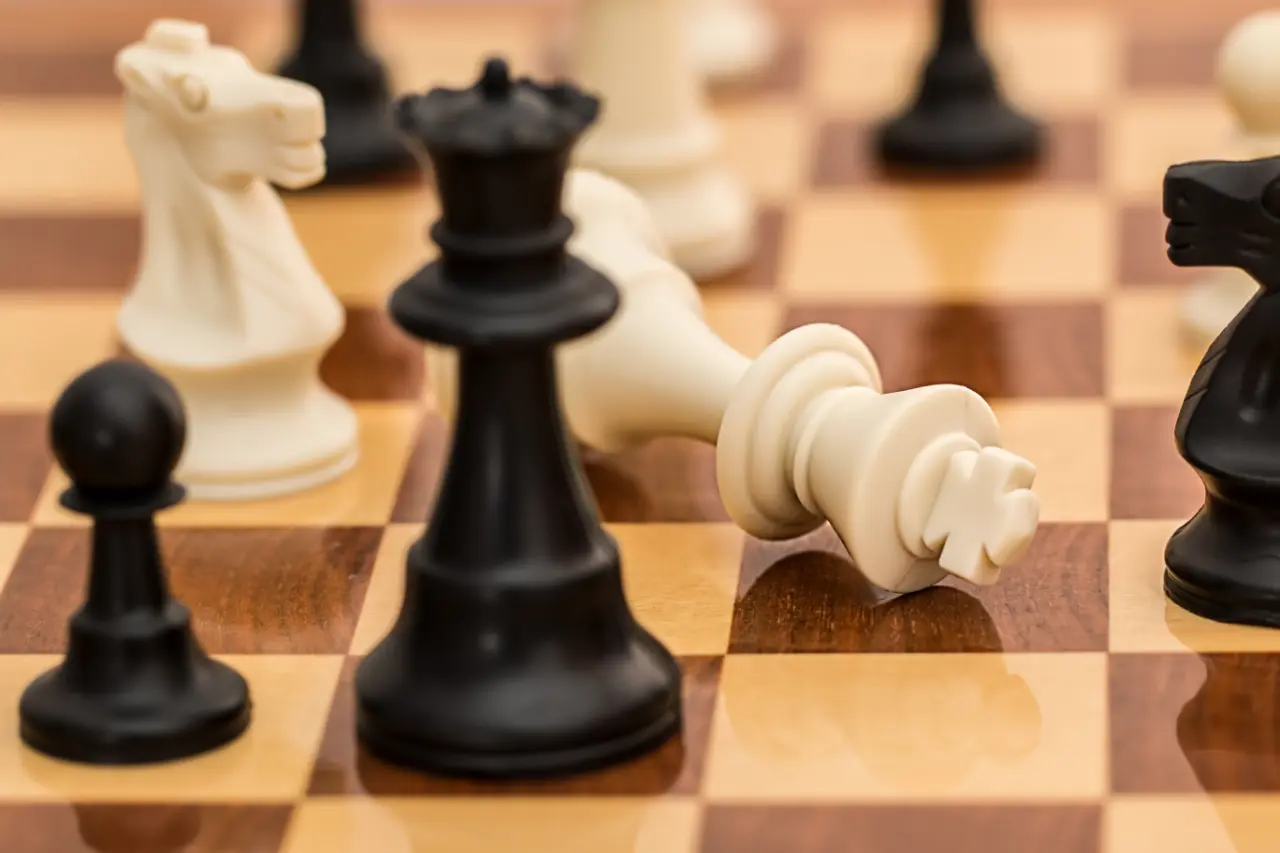
The Crucial Role of Logic in Everyday Life
L
ogic is an essential component of human cognition that underpins our ability to reason, make sound judgments, and arrive at informed decisions. It serves as a guiding framework for critical thinking, enabling us to analyze information, evaluate arguments, and draw valid conclusions. While logic is commonly associated with academic disciplines like mathematics and philosophy, its relevance extends far beyond these realms. In fact, logic plays a fundamental role in our everyday lives, shaping our interactions, problem-solving abilities, and overall cognitive development. This article explores the importance of logic and its practical applications, highlighting how its mastery can enhance our capacity for rational thinking and decision making.
Logic is an essential component of human cognition that underpins our ability to reason, make sound judgments, and arrive at informed decisions.
Logical Analysis and Problem Solving
In our daily lives, we are constantly faced with various challenges and problems that demand effective solutions. Logic provides us with a systematic approach to analyze these problems, break them down into manageable components, and develop logical pathways towards resolution. By employing logical reasoning, we can identify the root causes of an issue, evaluate possible solutions, and select the most viable course of action. Logic helps us in recognizing patterns, detecting inconsistencies, and making well-informed decisions based on evidence rather than personal biases or emotions. Whether it’s troubleshooting a technical glitch, managing personal finances, or resolving interpersonal conflicts, logical thinking empowers us to tackle problems with clarity and precision.
Enhanced Decision Making
Decision making is an integral part of our lives, from choosing a career path to deciding what to have for dinner. Logical thinking plays a critical role in this process, enabling us to evaluate alternatives, weigh pros and cons, and assess potential outcomes. By applying logical principles such as deductive and inductive reasoning, we can navigate complex decision-making scenarios more effectively. Logic encourages us to consider relevant information, question assumptions, and avoid fallacious reasoning, leading to more informed and rational choices. Whether it’s determining the best investment option, evaluating political arguments, or selecting a product from a range of options, logical thinking helps us make decisions that are grounded in reason and evidence.
Logic provides us with a systematic approach to analyze problems, break them down into manageable components, and develop logical pathways towards resolution.

GET BETTER AT MAKING GOOD ARGUMENTS!
Do you want to be able to tear apart a bad argument? Enter your information to get our FREE exercises so you can practice how to break a deductive argument into its components!
Effective Communication
Clear and coherent communication is vital for success in both personal and professional domains. Logic plays a pivotal role in fostering effective communication by enabling us to structure our thoughts, express ideas coherently, and construct persuasive arguments. When we communicate logically, we present information in a well-organized manner, support our claims with evidence, and anticipate counterarguments. Logical communication not only enhances our ability to convey our thoughts accurately but also promotes active listening and constructive dialogue. By engaging in logical discussions, we can critically evaluate information, challenge misconceptions, and arrive at shared understandings, fostering meaningful connections and facilitating collaborative problem solving.

Conflict Resolution
Disagreements and conflicts are an inevitable part of human interactions. Logic provides us with a valuable framework for navigating conflicts and finding mutually agreeable solutions. By employing logical reasoning, we can separate emotions from facts, engage in rational discussions, and avoid common cognitive biases that hinder conflict resolution. Logic enables us to critically evaluate differing perspectives, identify areas of common ground, and build logical arguments that address the underlying issues. Moreover, logical thinking promotes empathy, allowing us to understand others’ viewpoints and engage in respectful and constructive dialogue. By applying logic to conflict resolution, we can transcend personal biases, foster understanding, and promote harmonious relationships.
Logic enables us to critically evaluate differing perspectives, identify areas of common ground, and build logical arguments that address the underlying issues.
I
n conclusion, logic serves as a cornerstone of our everyday lives, providing us with the tools to think critically, make informed decisions, and engage in effective communication. By cultivating logical thinking skills, we enhance our problem-solving abilities, improve our decision-making processes, and promote constructive interactions with others. In a world where information is abundant and complexity is prevalent, logic equips us with the means to navigate uncertainty, make sense of the world, and lead more rational and fulfilling lives. Embracing logic as an essential aspect of our cognitive toolkit empowers us to approach life’s challenges with clarity, reason, and intellectual integrity.

GET BETTER AT MAKING GOOD ARGUMENTS!
Do you want to be able to tear apart a bad argument? Enter your information to get our FREE exercises so you can practice how to break a deductive argument into its components!







0 Comments
Trackbacks/Pingbacks